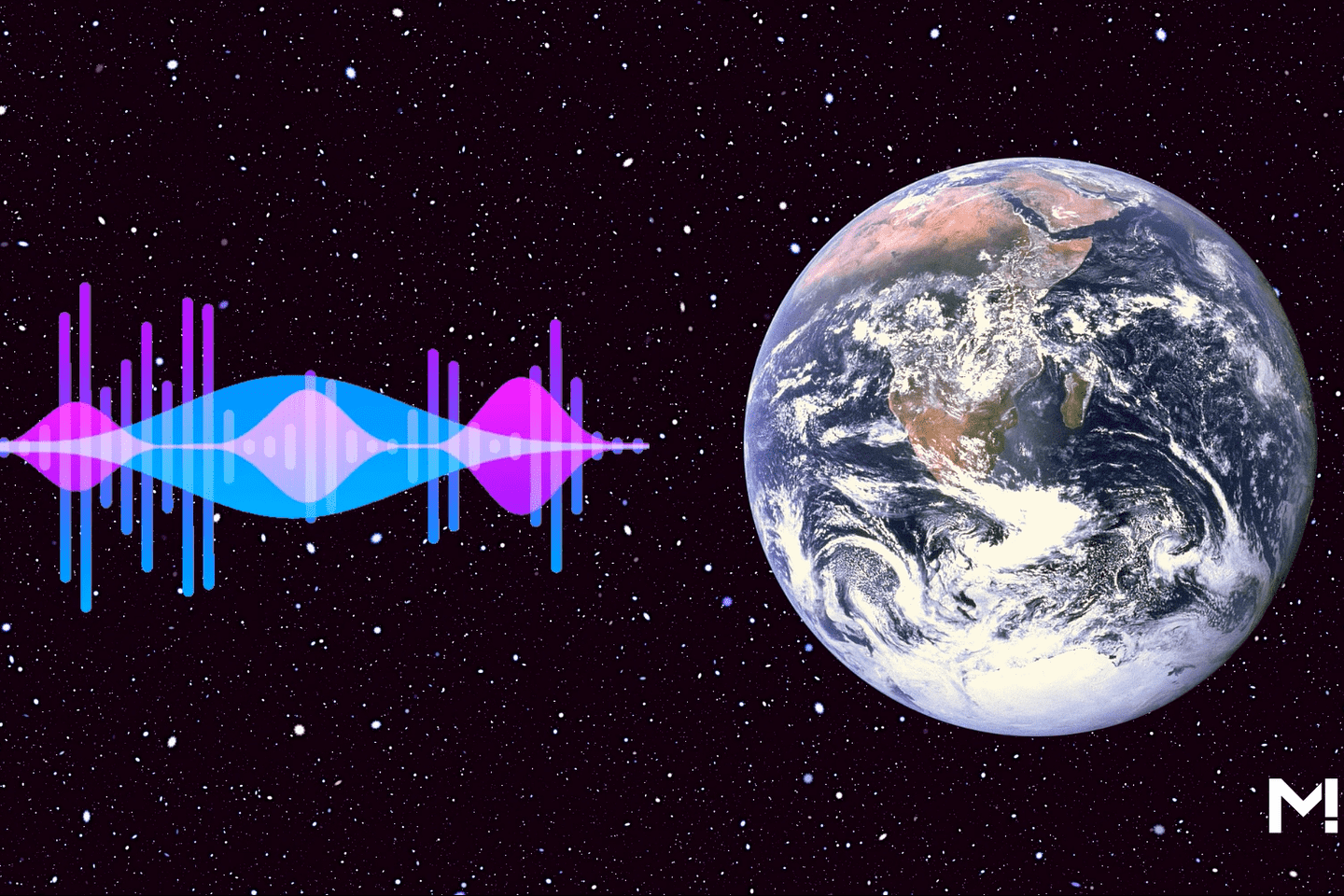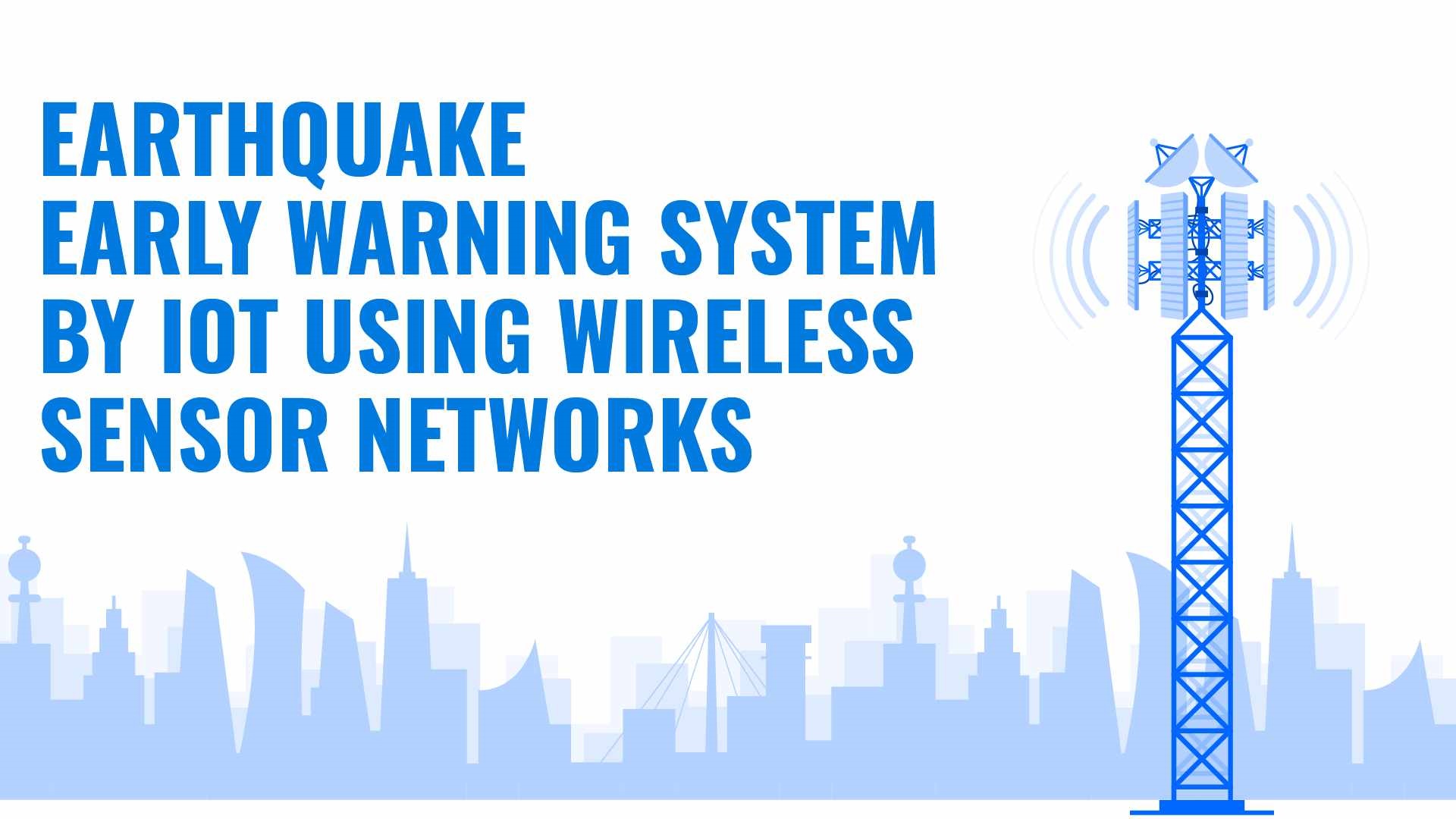Using AI to Detect Earthquakes Circuit Diagram Early Earthquake Warning (EEW) systems alarm about ongoing earthquakes to reduce their devastating human and financial damages. In complicated tasks like earthquake forecasting, Artificial Intelligence (AI) solutions show promising results. The goal of this review is to investigate the AI-based EEW systems. Web of Science, Scopus, Embase, and PubMed databases were systematically searched from

Earthquakes strike at the blink of an eye. Warning and alert systems need to deliver vital information just as quickly, in real-time. In this blog post, I am going to give a full insight on how I approached in building this earthquake alarm project, the hurdles I faced, resources I found and decisions I made.

Introduction to OpenEEW, an open Circuit Diagram
An earthquake early-warning (EEW) system is a set of technologies that detect and characterize a significant earthquake, rapidly sending the information to nearby communities, before the shaking arrives, so that they can prepare and act appropriately.

Innovations such as the ShakeAlert® Earthquake Early Warning System, AI-driven forecasting models, transformer-based building damage assessments, and benefit-cost analyses (BCA) for seismic resilience mark a new era in earthquake science - one that is data-driven, predictive, and action-oriented.

How Machine Learning Predicts Earthquakes in Real Circuit Diagram
Seismic wave picking is an essential task the implementation of Earthquake Early Warning (EEW) systems. While artificial intelligence picking methods show excellent accuracy, most were designed for devices with high computational resources. At the same time, distributed approaches for Early Warning systems show promise for the implementation of viable, widespread alert systems. This paper
